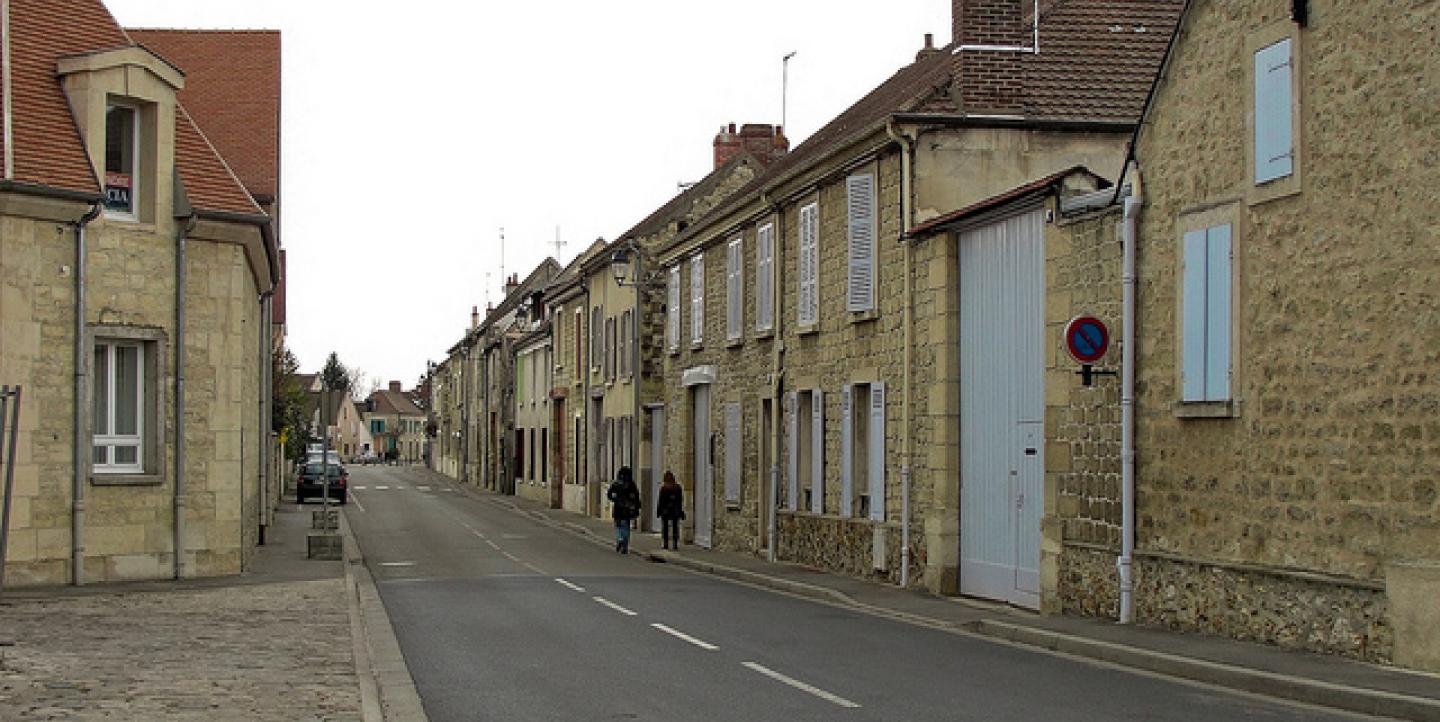Downsizing is the new normal in journalism, whether it means going from staff to freelance or from covering a larger market to a smaller niche.
IJNet spoke to Gregg McLachlan, author of "Big stories, Small towns: The essential journalism guide for working and thriving in smaller markets," for tips on making a small coverage area into a good career.
IJNet: Are small/medium markets good for journalists who want to pay the bills?
Gregg McLachlan: Yes, you can pay the bills working in small/medium market. You won't get rich, especially, in smaller markets but you will become rich in being versatile as a reporter...
In some instances, making less in a smaller market may actually keep more money in your wallet than working in a metropolitan area. You may make more money in a large city, but you may not be able to afford the reality of a higher cost of living, commuting, etc. For example, compare the costs of buying a home or renting an apartment in smaller markets vs. metro areas. Enough said.
IJNet: What are some of your tips on how to make any story a big story?
GL: It starts with having the right mindset. I remember a daily newspaper with the slogan, “The only newspaper on Earth dedicated to (insert town name here).” Now that’s a big responsibility. It’s also why your reporting really matters. In many smaller markets, if you aren’t telling the stories, there are few, if any, other media outlets filling the gaps.
There’s another critical step that can easily be left out in reporting in smaller markets. It’s the ‘what happens next’ and the ‘what this means’ component of a story.
Journalists in big urban centers tend do this well, probably because the competition is so fierce to capture audience share. In smaller markets, these key parts of reporting can be forgotten. It’s very difficult to stress why a story matters to your readers if you are not reporting why it matters and what it means.
Try not to follow into a trap so common in smaller markets too -- getting too comfortable and going to the same sources time and again... Yes, you may be in a smaller market, but there’s still a big community of sources out there.
It can be very effective to use national experts in local reporting. It shows the community that you are taking your local reporting to an enterprise level. And sometimes the comments made by national experts can spark new followup angles, letters to the editors, etc. In smaller markets, there tends to be a perception that many issues stay within a very small border. Don’t let that perception infect you and stop you from taking your reporting beyond just local sources...
IJNet: What are some of the challenges in "downsizing" your journalism market?
GL: There is that immediate feeling that you won’t be covering stuff that is as important. That way of thinking has to be eliminated. Reporting is never about you. It’s about your audience. We are trained professionals. It’s our job to seek out the best stories, the best angles and tell our audience. That challenge doesn’t change with the size of the market...
The other big challenge is adapting to the web. In large metro areas, media is digital savvy. Reporters are constantly using social media and posting breaking news on the web immediately, even if it’s just a tiny portion of an evolving story. As the day moves along, that story will be updated. In many smaller markets, the web and social media continue to be tools that are not being used effectively. There is still that mentality that the “newspaper comes out tomorrow, so read the whole story then.”
Lastly, I would say the need to use your news filter is even more critical in covering news in smaller markets. You will cover many, many events, especially. And you, personally, will likely cover the same event year after year, simply because there are not dozens of journalists on your staff. Too often journalists get lazy and make a “beautiful sunshine-filled day” the focus. When you feel that urge, you need to put your news filter on and start asking yourself, “How can I develop an angle that makes this an important read for my audience?”
IJNet: What mistakes do journalists make when getting started in small markets?
GL: Getting names wrong! For goodness sake, double check names and recheck names. This is such a common pitfall among journalists starting in these markets. Smaller communities pick up real fast on new reporters who get it wrong. People love/hate telling people about how a local reporter screwed up the spelling of their name.
The biggest, most troubling trend I've seen over many, many years are the reporters who come into a smaller market and treat it like a whistle-stop. These reporters arrive and can’t wait to leave. They don’t want to understand 'community journalism.'
They do what I call hit-and-run reporting. They burn sources that others in the newsroom rely on. They belittle the community, because they think it's too small and not worthy of their talent. And they scoff at assignments by frequently saying "that's not a story."
This kind of attitude often really offends other long-time staffers who care about the community and the work they do. Journalists should realize that the journalism world is actually very small these days, with a handful of corporations now owning most media outlets. Relationships you form during any stop in your career can influence where you go tomorrow.
At a time when traditional media is struggling for readers, the one place where journalists will still find a stronger connection to the community is in smaller markets.
McLachlan also offers freelancing tips on his website News College.

